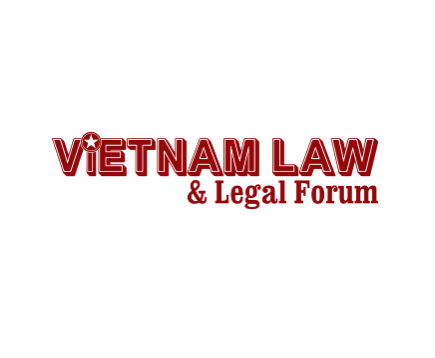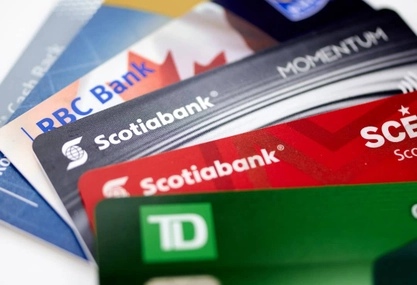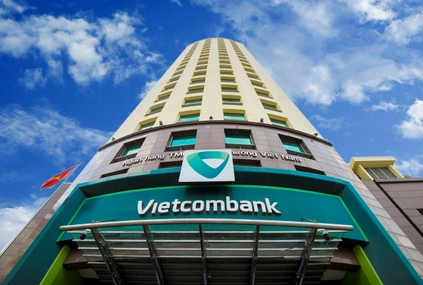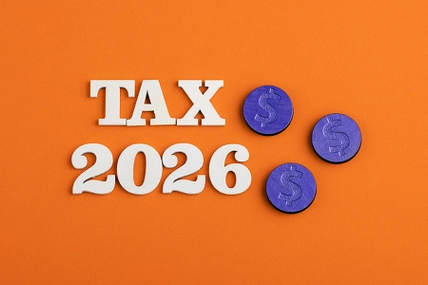From July 1 this year, the 2023 Law on Water Resources (the Law) will supersede its predecessor enacted in 2012 with revisions made in 2017, 2018 and 2020.
Consisting of 86 articles, the Law regulates the management, protection, regulation, distribution, restoration, development, extraction and use of water resources and prevention, control and remediation of water-caused harms in Vietnam’s territory.
As per the Law, water resources include surface water, groundwater, rainwater and seawater. Particularly, the Law does not regulate groundwater under the sea and seawater within the exclusive economic zone and continental shelf of Vietnam, mineral water and natural thermal water.
Noticeably, the Law introduces new provisions aiming to gradually shift from water management with administrative tools to water management based on economic instruments. It states policies on water resource taxes and charges and water resource accounting, ensuring accurate and full reflection of values of water resources as principles for revision of regulations on taxes and charges. The Law also adds provisions on the charge for grant of the right to extract water resources for domestic use and the charge for grant of the right to extract water resources for agricultural production according to a roadmap. These are expected to raise the responsibility of water users for protection of water resources and economical and efficient use of water.
The Law focuses on four groups of policies: water security assurance; mobilization of social resources for the water sector; water resource economics; and protection of water resources and prevention and control of water-caused harms.
Water security assurance
Policies on water security are introduced throughout the chapters and articles of the Law, guaranteeing water quantity and quality to serve the people’s livelihood, meet the water demand for socio-economic development, national defense, security and environmental activities, and minimize water-related catastrophic risks and harms caused by humans and nature.
The Law also offers incentive policies for investment projects on extraction of water for domestic use and production activities of people in areas suffering freshwater scarcity, ethnic minority, mountainous and border areas, islands, areas meeting with socio-economic difficulties and areas meeting with extreme socio-economic difficulties. Particularly, it has provisions helping the poor, women, children, people with disabilities and other vulnerable persons more easily access domestic water.
More specifically, the Law regulates development of water source scenarios; regulation and distribution of water sources by a real-time decision support system; formulation and implementation of water resource regulation and distribution plans, and measures to respond to water shortage.
The Law adds the provisions on prioritization of construction of water regulation and storage facilities in areas frequently affected by drought or water shortage; use of mining pits as reservoirs for water regulation and storage, landscape creation, inundation prevention and control, and contingency water supply.
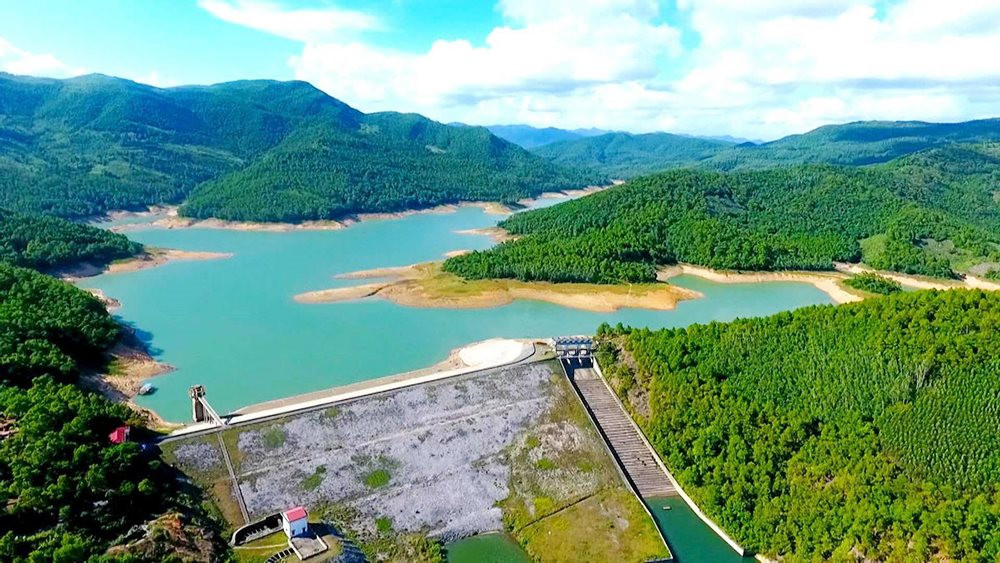
Protection of water resources
As stated in Article 22.2 of the Law, water source functions serve as one of the bases for selecting solutions for water source protection, and rehabilitation and restoration of degraded, depleted and polluted water sources, and for deciding on acceptance, approval and licensing of projects that discharge wastewater into water sources.
Regarding protection of quality of domestic water supply sources, the Ministry of Construction will, as the in-charge agency, coordinate with the Ministry of Public Security, other ministries, ministerial-level agencies and provincial-level People’s Committees in drawing up a list of domestic water supply facilities of extreme importance, and submit it to the Prime Minister for approval. Meanwhile, the Ministry of Public Security is tasked to formulate, and organize the implementation of, plans on protection of domestic water supply facilities of extreme importance.
In addition, the Law specifies mechanisms, programs, projects, and financial policies and mechanisms for water source restoration activities for use as a basis for mobilizing and distributing resources to restore degraded, depleted or polluted water sources.
In order to mitigate urban waterlogging and raise the capacity of water storage, the Law provides specific regulations on drawing up and publicization of lists of lakes, ponds and lagoons not permitted for leveling.
International cooperation on water resources
International cooperation on water resources must adhere to the principles set out in Article 75 of the Law which also serve as a basis for settlement of disputes and disagreements related to water resources between Vietnam and nations and territories sharing water sources through peaceful measures, while ensuring compliance with international agreements and treaties of which Vietnam is member.
International cooperation on water resources covers the following main activities:
- Cooperating with foreign partners and international organizations on water resources, with priority given to water resource protection and sustainable development, human resource training, scientific research, and water-caused harm prevention, control and remediation so as to ensure water security;
- Exchanging information and data on status quo of and forecasts about water sources, hydrometeorology, hydrogeology and ecology, and water quality related to transboundary water sources;
- Researching and planning the protection, extraction and use of transboundary water sources; preventing, controlling and remediating water-caused harms for transboundary water sources; and facilitating implementation of projects related to transboundary water sources;
- Proposing new ideas and initiatives on water resources at regional and international organizations and forums and related international river basin organizations so as to promote water resource cooperation, extraction, use and sustainable development, and ensure transboundary water source security.-
By VLLF


